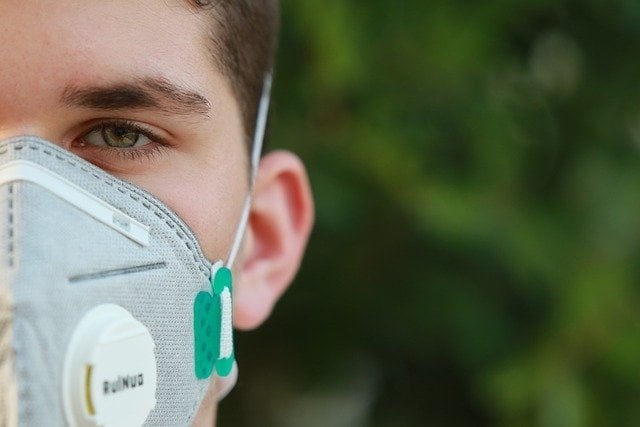
Corona’s effect on the body after recovery..very important
Symptoms of covid19 can sometimes last for several months. Then the virus can damage the brain, heart and lungs, increasing the possibility of long-term health problems.
Most people with COVID-19 fully recover within a few weeks. But some people, those who have a mild version of the disease, continue to have symptoms after their initial recovery.
These people sometimes describe themselves as long-distance travelers and this condition has been called the long post- covid19 syndrome .
Older adults and people with many serious medical conditions are more likely to experience chronic covid19 symptoms, but even healthy young adults can feel unwell weeks to months after infection. The most common signs and symptoms that persist over time include:
- fatigue
- Shortness of breath .
- cough .
- joint pain
- Source .
Other long-term signs and symptoms may include:
- Muscle pain or headache.
- Rapid heartbeat or palpitations.
- Loss of sense of smell or taste.
- Problems with memory, concentration or sleep.
- Skin rash or hair loss.
Organ damage caused by the effect of covid19:
Although covid19 is believed to be a disease that mainly affects the lungs, it can also damage many other organs. Hence, damage to these organs may increase the risk of health problems in the long run.
Organs that may be affected by covid19 include:
- Heart: Imaging tests performed months after recovery from covid19 showed permanent damage to the heart muscle. Even in people who had mild symptoms of covid19. This may increase the risk of heart failure or other heart complications in the future.
- Lungs: The type of pneumonia associated with covid 19 can cause long-term damage to the tiny air sacs (alveoli) in the lungs. Then the resulting tissue scarring can lead to breathing problems in the long term.
- Brain: Even in young adults, covid19 can cause sedation , seizures, and Guillain-Barré syndrome – a condition that causes temporary paralysis. covid19 may increase the risk of developing Parkinson’s disease and Alzheimer’s disease
Blood clots and vascular problems:
Covid19 can make blood cells more prone to clumping and forming clots. While large clots can cause heart attacks or stroke, much of the heart damage caused by covid19 is believed to stem from very small clots that block tiny blood vessels (capillaries) in the heart muscle.
Other parts of the body affected by blood clots include the lungs, legs, liver and kidneys. Covid19 can also weaken blood vessels and cause them to leak. Which contributes to the occurrence of long-term problems in the kidneys and liver.
Mood problems and fatigue
People with severe symptoms of covid19 often have to be treated in a hospital intensive care unit, with mechanical assistance such as ventilators. Just surviving this experience can make a person more likely to develop PTSD, depression, and anxiety later on.
Because the long-term outcomes of the new covid19 virus are difficult to predict , scientists are investigating the long-term effects of related viruses, such as the virus that causes severe acute respiratory syndrome (SARS). where
Many people who have recovered from SARS have developed chronic fatigue syndrome, a complex disorder characterized by extreme fatigue that gets worse with physical or mental activity, but does not improve with rest. The same may be true for people who have contracted covid19.
Many of the long-term effects of covid19 are still unknown:
Much is still unknown about how covid19 affects people over time. However, scientists recommend that doctors closely monitor people who have been exposed to covid19 to see how their organs are working after recovery and recovery.
Many large medical centers are opening clinics that specialize in providing care for people with persistent symptoms or related illnesses after recovering from covid19.
It is important to know that most people infected with covid19 recover quickly. But knowing the potentially long-lasting problems of covid19 increases the importance of limiting the spread of the disease by taking safety measures such as wearing masks, avoiding crowds, maintaining social distance and maintaining hand hygiene.



